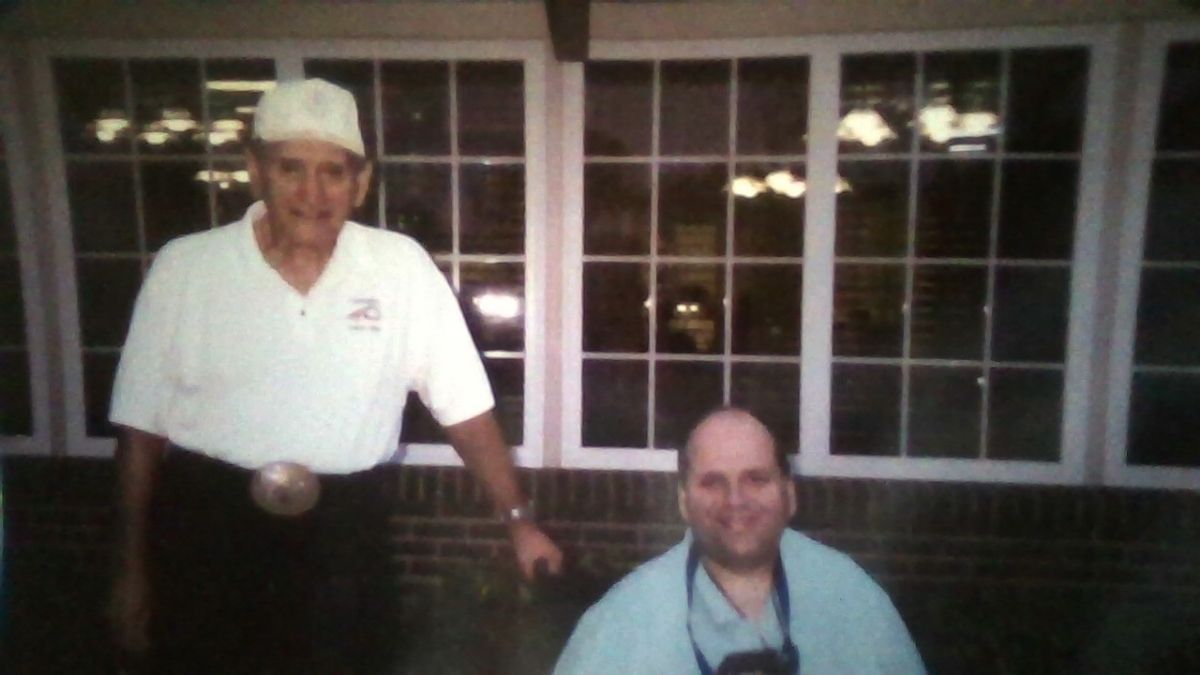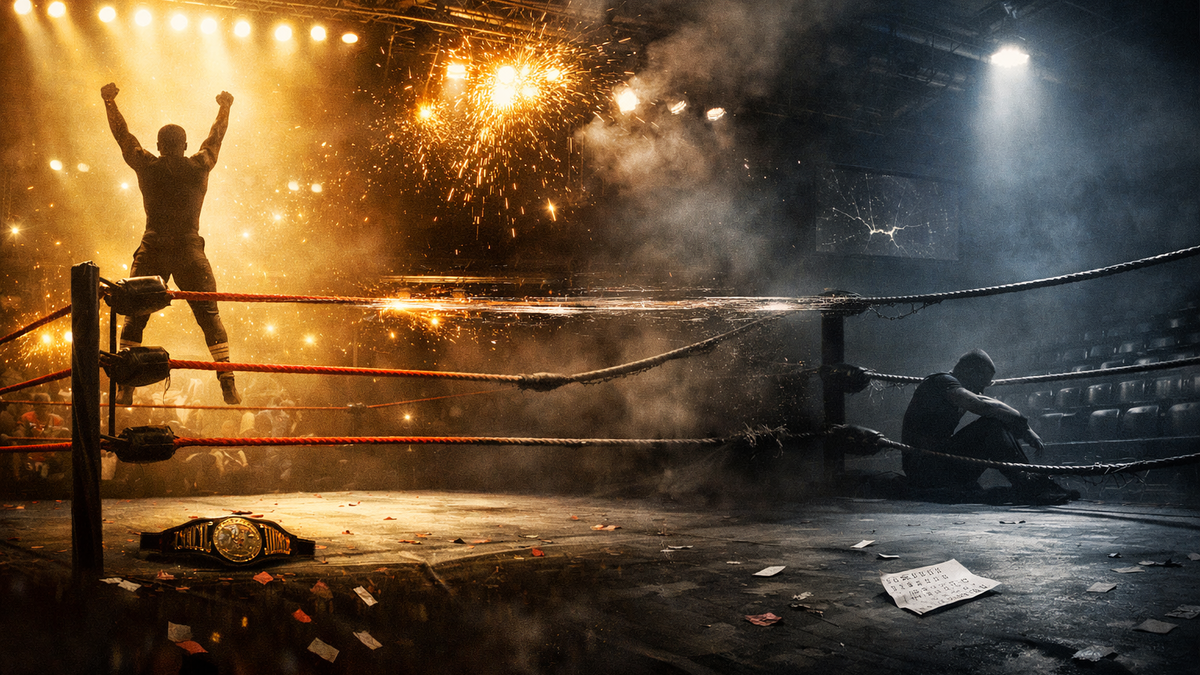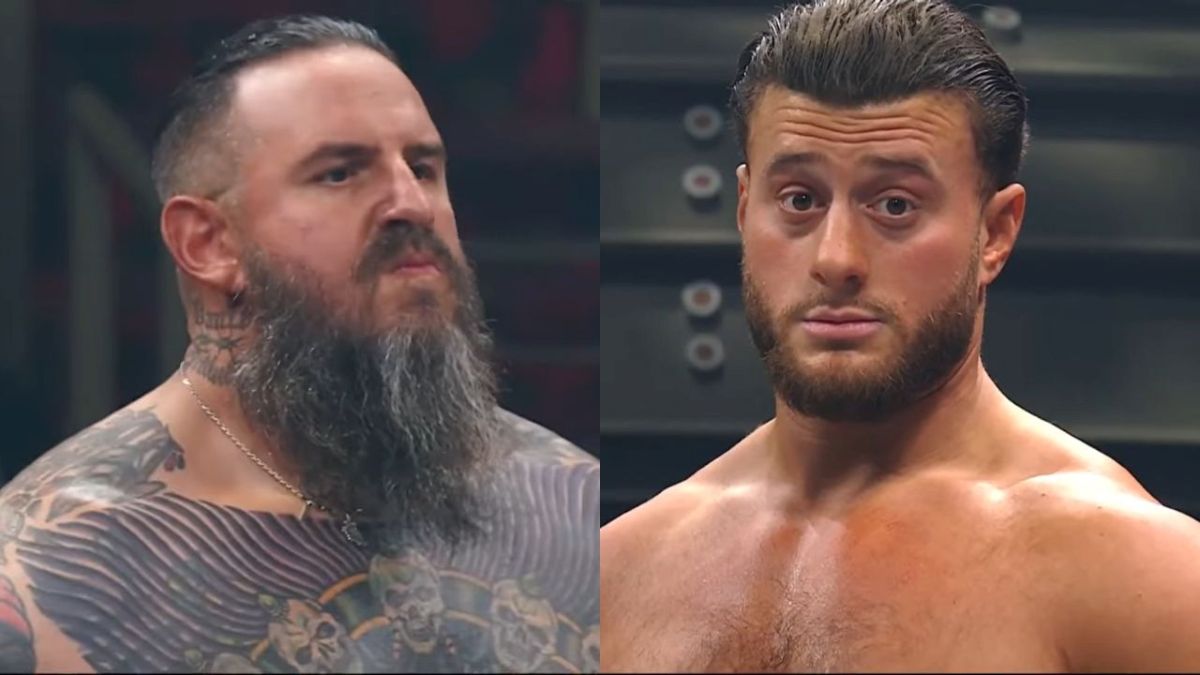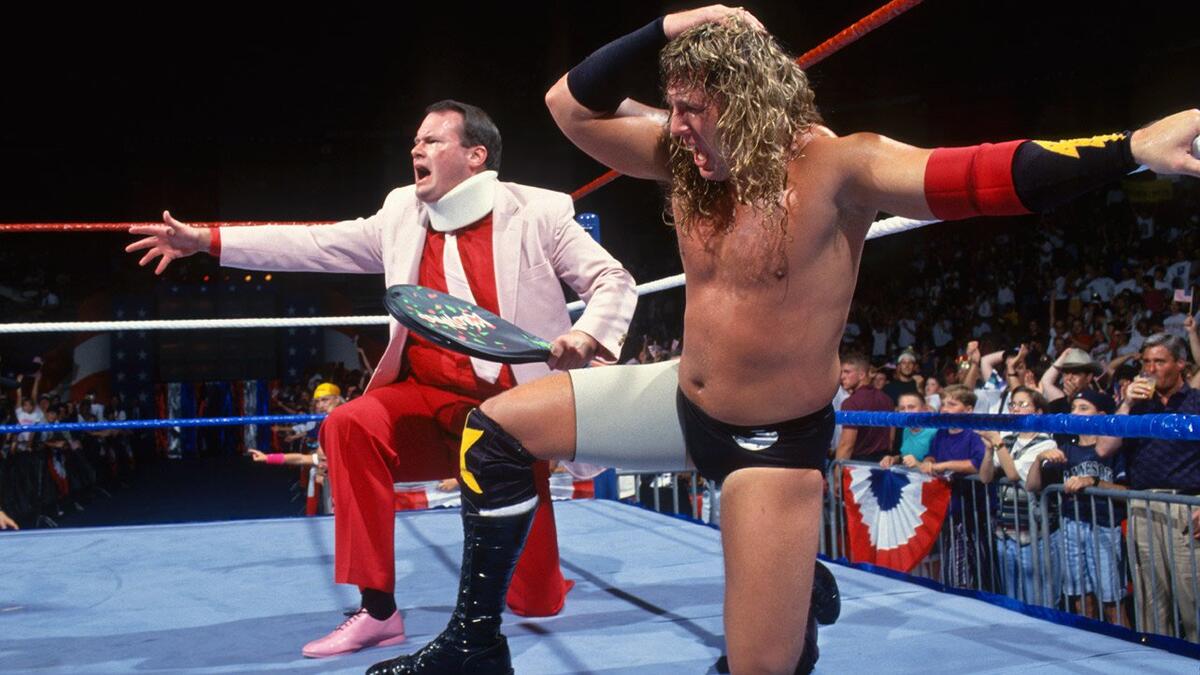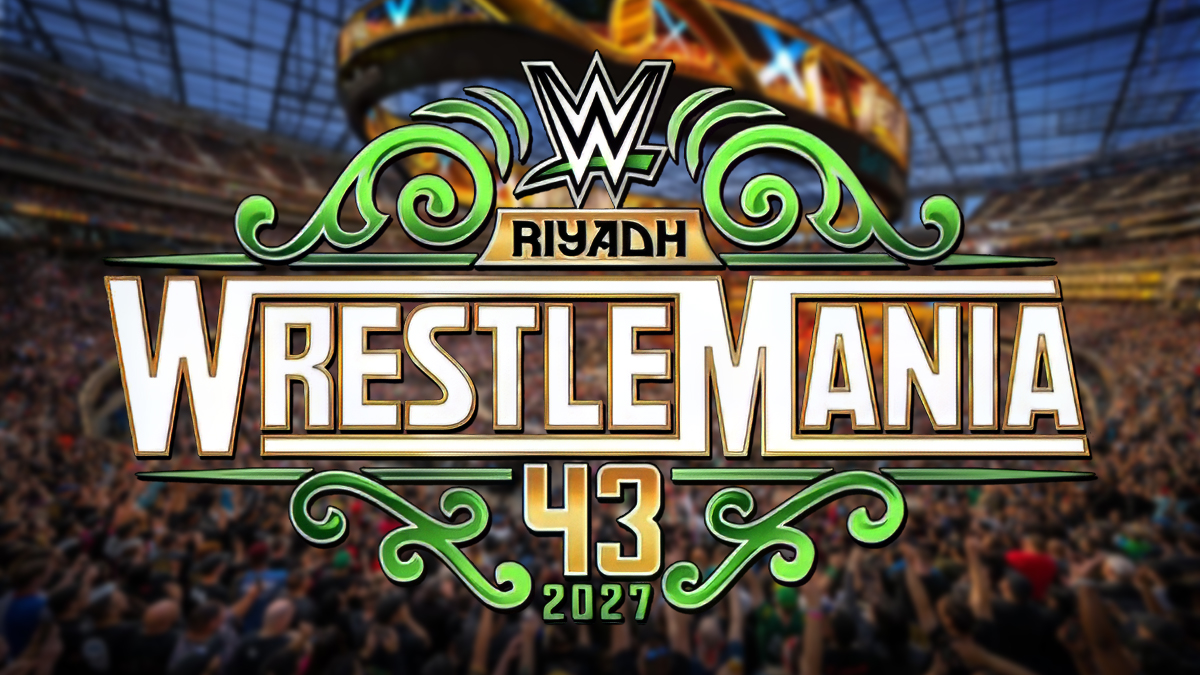Abe Jacobs and I first met when I was a child going to the NWA Mid-Atlantic Wrestling shows, put on by Jim Crockett Promotions, at the old Park Center, now re-named Grady Cole Center, in Charlotte, North Carolina.
I always enjoyed the matches, but those times when I got to go into the dressing room of the good guys, and talk to my heroes, was more fun than the matches. Abe, always a babyface, was one of the nicest, but hardly the only one who opened the door to a young kid in a wheelchair. They talked to me about wrestling, sure, but also about real life. They wanted to know about my cerebral palsy, which I’d had from birth, and about my family and school.
Now that I am almost 53, I can see that I took away lessons from the good guys that I follow to this day — to treat people with respect, to always tell the truth. So Abe Jacobs and others were responsible in part for making me the person that I am today.
Abe was such a star in every territory around the world, and eventually he left Crockett for other areas to build his wrestling legacy. Along the way he became NWA World Tag Team champion with the late Don Curtis. Abe was so proud of that accomplishment that he has a Western-style belt buckle made to he could continue to mark that moment. Don’s widow, Dotty Curtis once said that Abe was always Don’s favorite partner to tag with. Abe also held titles in Florida, and California, and was inducted into the George Tragos/Lou Thesz Professional Wrestling Hall of Fame in 2008.
While he is not in great health, I’m pretty certain that Abe — born born June 18, 1928 in New Zealand — is the oldest living big-name North American wrestler; contrary to many reports online, Abe is about eight months older than Cowboy Bob Ellis.

Known as the Master of the Kiwi Roll, a leg-lock in which he rolls his opponent around the ring, Abe followed in the footsteps of another star from New Zealand, Pat O’Connor, and forged a legacy away from his homeland. Abe has even appeared on commemorative money in his home county in 2000, and 2001.
Since wrestling accomplishments are very well documented other places, I wanted to tell my own story about Abe Jacobs, the man I got to know away from the ring, reconnecting with him in the 1980s after we’d met when I was just a kid in a wheelchair. Until his recent health issues, Abe always took time out to play in celebrity golf tournaments for various causes to help raise money. He usually greeted everyone with a smile and a “How ya doing partna?” in his kind, native New Zealand way.
In pro wrestling, sometimes those in the ring can have very big egos, believing their own self importance. I don’t think it is possible to find any wrestler that has anything bad to say about Abe. We have talked on the phone often, and while wrestling always is a part of the conversation, it is not all of the conversation. One night, we spent three hours on the phone talking about everything in the world from wrestling, politics, relationships, morals, religion (he is Jewish) and just about anything else too. Abe always saw me for me, not as that guy in the wheelchair with cerebral palsy.
Abe looks back fondly on his international stardom in pro wrestling but you would never know it. He is always kind to those who speak to him and remember him from wrestling — which I have seen in person many times at wrestling shows and autograph signings. Soft-spoken, well-educated, Abe is loved by everyone he meets.
To further show you the integrity of Abe Jacobs, early in his career when race relations were tense and equality was only a dream, a black wrestler and friend of Abe’s was denied access to a hotel during a wrestling booking because his wife was white and the wrestler was black. Abe pretended to be with his African-American friend’s girl, and then sneaked his colleague into the hotel room later so that his pal and his girlfriend could have a hotel room for the trip.
He got out of wrestling after a dispute with Ole Anderson, who was booking for Crockett. Though he had business ventures in New Zealand, Abe decided to stick in Charlotte, where he remains today. Post-wrestling in the 1980s, Abe served as the manager at the since-closed Ricky Steamboat‘s Mid-Atlantic Gym in Charlotte.
John Smith was a wrestler that predated Jacobs by a bit, finding success as the Smith Brothers (with Al Smith) and as Ivan & Soldat Gorky (also with Al Smith). Their careers overlapped and they became friends. When John was dying in Florida, he told his wife, Evelyn, “I want you to go and find Abe Jacobs, so that when I am gone, I know that you will be safe, because there is not a finer man than Abe Jacobs.” While it didn’t happen immediately after John died in June 1991, Evelyn did eventually meet Abe, at a Charlotte golf course. Evelyn told Abe of the unique request of her husband, and they talked for several hours. From there, they started dating, and eventually married. Abe and Evelyn have been a couple for more than three decades now.
Many from wrestling are bitter about their days in wrestling. I cannot tell you how many times I have heard on the phone and in person Abe say to me, “Rusty, wrestling was wonderful to me, but wrestling does not owe me anything, so I will never speak badly about my time in wrestling. How can you say something bad about an industry that allowed me too see the world and make a living? I saw the world four times.”
In closing, all I can say about Abe is that I am blessed to call him a friend. You will not find a nicer, classier man than Honest Abe. He helped make me a better person, and I am certain I am not the only one who feels that way.
TOP PHOTO: Abe Jacobs and Rusty Loudermilk in August 2014.
ABE JACOBS PHOTO GALLERY
[modula id=”103365″]
RELATED LINKS
